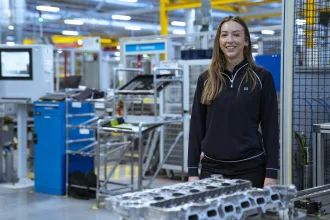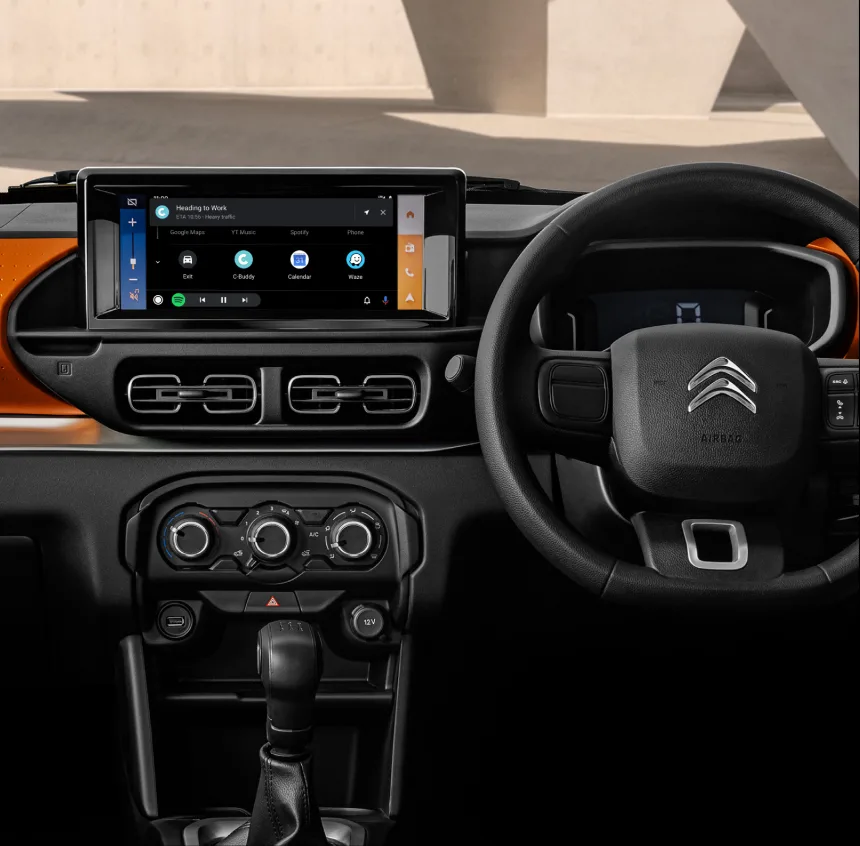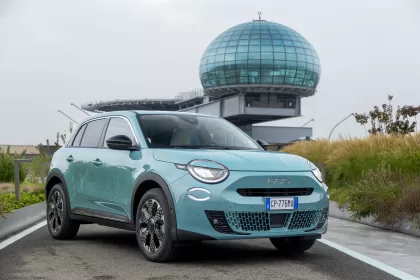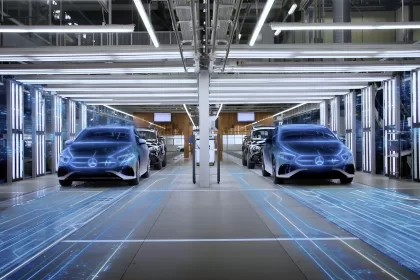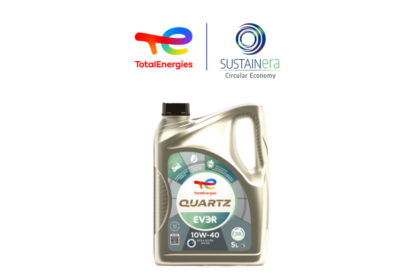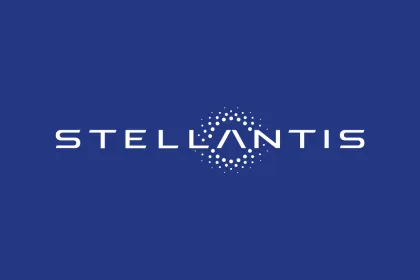- Acquisition reinforces Stellantis Dare Forward 2030 software strategy by adding an AI-powered framework to deliver advanced features to vehicles and mobile apps
- Based on customers consent, CloudMade AI software collects and analyzes automotive data to provide personalized and predictive features and will support mid-term development of STLA SmartCockpit
- Transaction includes the acquisition of CloudMade technology and IP and the onboarding of its engineers and software developers
Stellantis N.V. announced the acquisition of the artificial intelligence framework, machine learning models and intellectual property rights and patents of CloudMade, a developer of smart and innovative big data-driven automotive solutions.
The acquisition – as an asset deal – will support the mid-term development of STLA SmartCockpit and reinforces Stellantis’ software strategy outlined in Dare Forward 2030.
The AI-powered framework created by CloudMade, with integrated graphical interfaces, is the industry-leading cloud and software development kit for collecting and analyzing automotive data sets and has been the reference point to transform the in-car and mobility user experience throughout the past decade.
“The acquisition of CloudMade’s pioneering AI capabilities will accelerate our development journey on STLA SmartCockpit and help us deliver our Dare Forward 2030 goals,” said Yves Bonnefont, Stellantis Chief Software Officer. “Thanks to this adaptable technology and leveraging our growing connected car parc, we will create intelligent mobility solutions faster and with more flexibility, to delight our customers with in-vehicle and mobile experience personalization.”

As part of the acquisition, 44 engineers and software developers from CloudMade, dedicated to the development of AI technology, will be joining Stellantis.
“CloudMade is extremely pleased with this transaction,” said Jim Brown, founder and CTO of CloudMade. “The team is excited to deepen their working relationship with Stellantis to bring new features to the vehicle’s cockpit.”
CloudMade’s framework architecture allows to maximize data value using three learning approaches: personalized learning, which predicts an individual’s behavior in a particular context; fleet learning, using sensor data across devices to detect and share real world features; cohort learning, combining real world data with data from clustered groups of people distinguished by attributes.
CloudMade’s software technology will support Stellantis’ strategy to develop intelligent mobility products and enhance the overall customer experience with personalized features that will make their drive safer, their life easier and their trip exciting.
Services and products will include:
- Predictive maintenance and diagnostics to proactively identify and schedule maintenance needs and provide alerts, thus enhancing vehicle availability.
- Personalized in-car experiences able to adapt to individual preferences such as climate control, driving style coaching and entertainment options.
- Stellantis-specific voice assistant enhanced with custom automotive skills to advise on car features, answer model-specific queries and optimize voice routing.
- Optimized mobile experience and remote commands such as pre-trip planning, battery preconditioning and other proposed activities, based on frequent driver’s behavior.
- Advanced navigation and mapping that will provide up-do-date maps, real-time traffic information and intelligent routing, thus improving the overall navigation experience and help customers reach their destination more efficiently.
- Targeted features for fleet management, which will allow business customers to optimize delivery schedules, reduce travel time and resource utilization, increase productivity and EV performance, and, ultimately, facilitate the monitoring and management of the overall fleet.
Through this acquisition, Stellantis will also be able to develop end-to-end and fully owned navigation features; enhance data privacy, since the data for training the models will be managed internally, reducing risks of possible exposure; and introduce development kits for making custom models for its software developers.



